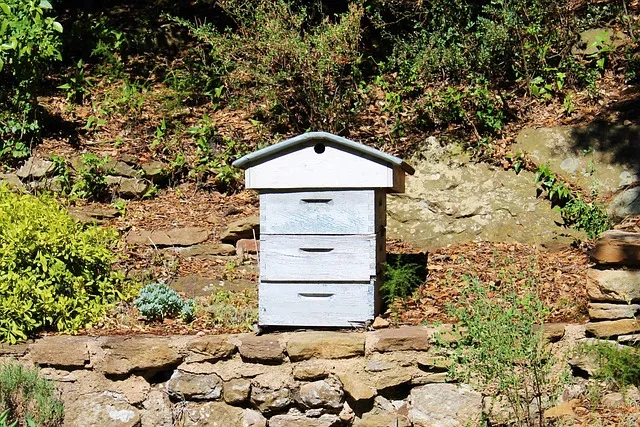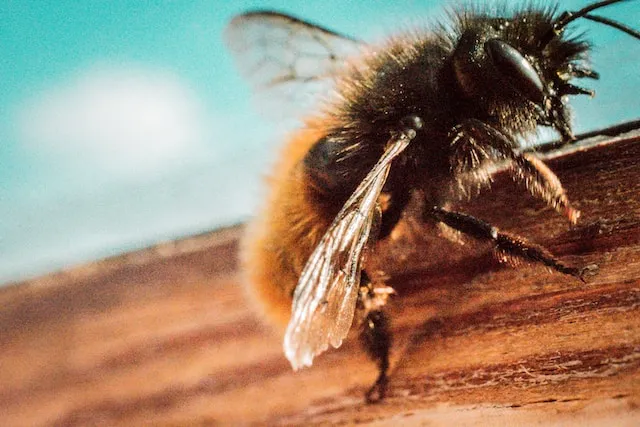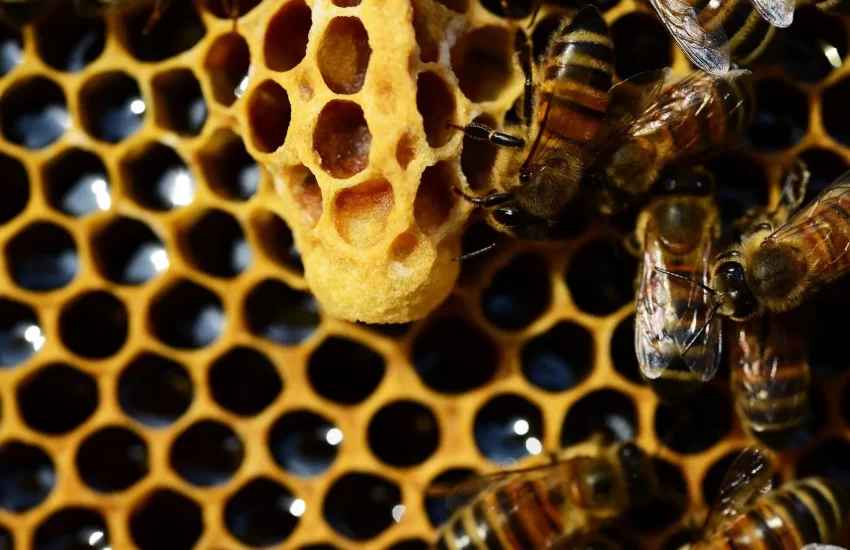Do honey bees stay in the same nest every year?
Bees do not leave in winter and come back in fall. While other insects, birds, or animals hibernate or hibernate in winter, honey bees are usually just around their nest. When the temperatures drop to 50 degrees F or lower, they return to the hive and form a winter cluster. The queen is usually at the center of the cluster. They consume the honey reserves to maintain their energy and body temperature.
Similar Articles you may like to read –
Do Bees Fly In The Rain? Where Do Bees Go When It Rains?
Do Bees Like The Full Sun?
Do Bees Recognize Their Owners?
Do Bees Try To Get Revenge?
What Temperature Is Too Cold For Bees?
Do honey bees stay in the same nest every year?
A bee colony can stay in the same hive for years. It is good to note that the life of a single bee is a matter of weeks rather than years. Only the queen lives for 2-3 years or more. A colony can stay in the same hive for many years. A hive outlives the individual bees in the hive. Workers raised in summer and spring are usually more active and live for 6-8 weeks. Those born in the fall live longer and stay in the hive during winter. Their only task is to keep the queen warm. Drones usually have a shorter lifespan than worker bees. Those lucky to mate with the queen die instantly, while the rest are evicted from the hive in late fall.
If the hive becomes overcrowded in spring or summer, the workers raise a new queen, and half of the colony leaves with the old queen to look for a new nest. A swarm can move into your old hive or inhabited hive.
What happens when an entire colony leaves the hive? Do they go back?
If an entire bee colony leaves the hive, they do not return. This is referred to as absconding, meaning they have abandoned the hive and selected another nest to inhabit. They can leave behind unhatched broods and pollen. A colony can abscond a hive due to unbearable living conditions. This may be due to lack of forage, attack by predators, pests and diseases, ant invasion, or even excessive noise.
In preparation for absconding, the queen stops laying eggs and slims down in preparation to fly. The workers stop to forage and feed on the honey stores, and scout bees start to look for a new location. Beekeepers can prevent hive absconding by monitoring their hives and checking for possible infestations and diseases. They can do this by implementing regular hive inspections and looking for any unusual behavior in the hive. Some signs that they can abscond include empty combs, the presence of small hive beetles, ant invasion, spotted brood pattern and decreased population. Newly installed colonies or newly trapped swarms tend to abscond hives more than established colonies. This is because they don’t have brood, comb, or honey to bind them into the new nest.
More articles you may like to read –
Do Bees Feel Pain?
Do Bees Have Feelings
Approximately how many flowers must bees visit to produce one pound of honey?
How far do honey bees travel from the hive?
What smell do bees hate?
Can a new colony move in an old, empty hive?
A new colony can move into an empty hive. In fact, hives that were previously occupied by bee colonies are very attractive to swarms. They detect the odor of bees, comb, or propolis and decide to make it home.



